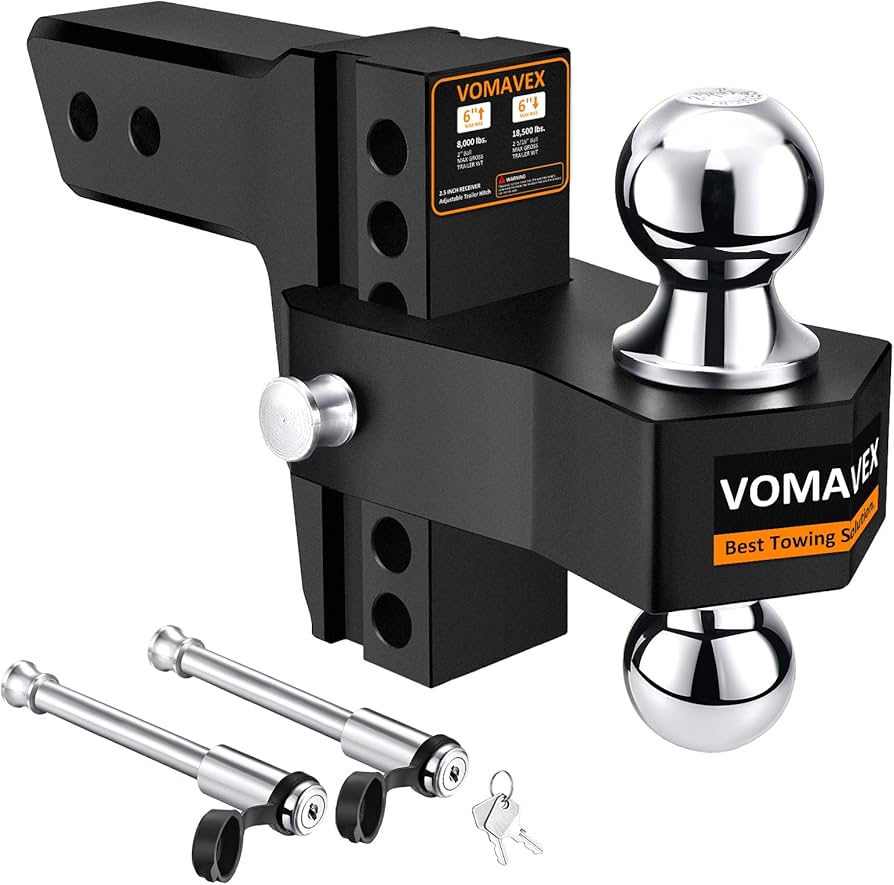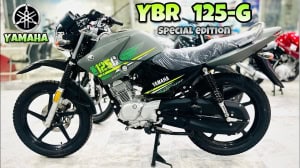

**How to Select the Appropriate Hitch for Heavy-Duty Towing: An All-Inclusive Guide**
When it comes to heavy-duty towing, picking the right hitch is more than just a convenience—it’s about safety, efficiency, and safeguarding your vehicle and load. Whether you’re towing a sizable trailer, a fifth-wheel camper, or industrial equipment, the hitch you choose must be capable of supporting the weight while ensuring a secure connection. This all-inclusive guide will navigate you through essential factors and hitch types available to aid in your decision-making process.
—
### Grasping Towing Capacity
Before you decide on a hitch, it is vital to comprehend your vehicle’s towing capacity. This refers to the maximum weight your vehicle can safely tow, as indicated by the manufacturer. You can usually find this information in your vehicle’s owner’s manual or on the manufacturer’s website.
**Important terms to familiarize yourself with:**
– **Gross Trailer Weight (GTW):** The total weight of the trailer along with its cargo.
– **Tongue Weight (TW):** The downward force applied to the hitch by the trailer.
– **Gross Combined Weight Rating (GCWR):** The maximum permissible combined weight of the vehicle, trailer, passengers, and cargo.
Always verify that the hitch you choose can accommodate both the GTW and TW of your trailer.
—
### Categories of Heavy-Duty Hitches
Several hitches exist for heavy-duty towing, each with unique applications and benefits.
#### 1. **Weight-Carrying Hitches**
These are the most fundamental type of hitch and are generally utilized for lighter loads. For heavy-duty towing, they typically fall short unless combined with a weight-distributing system.
#### 2. **Weight-Distributing Hitches**
These hitches employ spring bars to distribute the tongue weight of the trailer across the axle of both the tow vehicle and the trailer. This enhances stability and handling, making them suitable for towing trailers over 5,000 lbs.
**Ideal for:** Large travel trailers, horse trailers, and utility trailers.
#### 3. **Fifth-Wheel Hitches**
Installed in the bed of a pickup truck, fifth-wheel hitches provide outstanding stability and weight distribution. They are engineered for extremely heavy loads, often surpassing 16,000 lbs.
**Ideal for:** Large RVs, car haulers, and commercial trailers.
#### 4. **Gooseneck Hitches**
Similar to fifth-wheel hitches, but utilizing a ball-and-coupler connection, gooseneck hitches are also situated in the truck bed. They are commonly found in agricultural and commercial contexts.
**Ideal for:** Livestock trailers, flatbeds, and industrial equipment.
#### 5. **Pintle Hitches**
These hitches use a hook and ring mechanism and are recognized for their robustness and capability to support heavy loads. They are frequently employed in military, agricultural, and construction settings.
**Ideal for:** Off-road and industrial towing.
—
### Essential Considerations
When selecting a hitch for heavy-duty towing, take into account the following:
#### 1. **Towing Capacity**
Confirm that the hitch’s rated capacity meets or exceeds your trailer’s GTW and TW. Never surpass the lowest-rated element in your towing arrangement.
#### 2. **Vehicle Compatibility**
Not every hitch is compatible with every vehicle. Review your vehicle’s frame, bed size (for fifth-wheel and gooseneck hitches), and manufacturer guidelines.
#### 3. **Trailer Type**
The kind of trailer you’re towing will determine the hitch you require. For instance, a fifth-wheel trailer necessitates a fifth-wheel hitch, while a flatbed trailer may be more appropriately matched with a gooseneck or pintle hitch.
#### 4. **Installation Needs**
Some hitches demand professional installation, especially those mounted in the truck bed. Reflect on the complexity and cost of installation when making your choice.
#### 5. **Hitch Class**
Receiver hitches are sorted into classes (I to V) according to their weight capacity:
– **Class IV:** Up to 10,000 lbs GTW
– **Class V:** Up to 20,000 lbs GTW
For heavy-duty towing, a Class IV or V hitch is usually necessary.
—
### Additional Accessories
To ensure a safe and efficient towing experience, consider the following additions:
– **Brake Controllers:** Necessary for trailers equipped with electric brakes.
– **Safety Chains:** Provide a backup connection between the trailer and tow vehicle.
– **Sway Control Devices:** Assist in reducing trailer sway caused by wind or overtaking vehicles.
– **Extended Side Mirrors:** Enhance visibility around large trailers.
—
### Concluding Thoughts
Selecting the right hitch for heavy-duty towing is vital for safety, performance, and reassurance. Start by understanding your vehicle’s towing capacity and the type of trailer you plan to haul. Then, choose a hitch that fulfills your requirements in terms of weight capacity, compatibility,






